Unilever Vietnam brings circular economy for plastics to life
As a pioneering foreign-invested enterprise that is implementing initiatives to build a circular economy for plastic waste management through the public-private collaboration (PPC) model, over the past three years, Unilever has cooperated with the Ministry of Natural Resources and Environment and its partners to classify at source, collect, and recycle plastic waste.
The initiative aims for complete product lifecycle management and wants to enhance the sustainable raw material supply, raise community awareness, and promote innovation on a national scale.
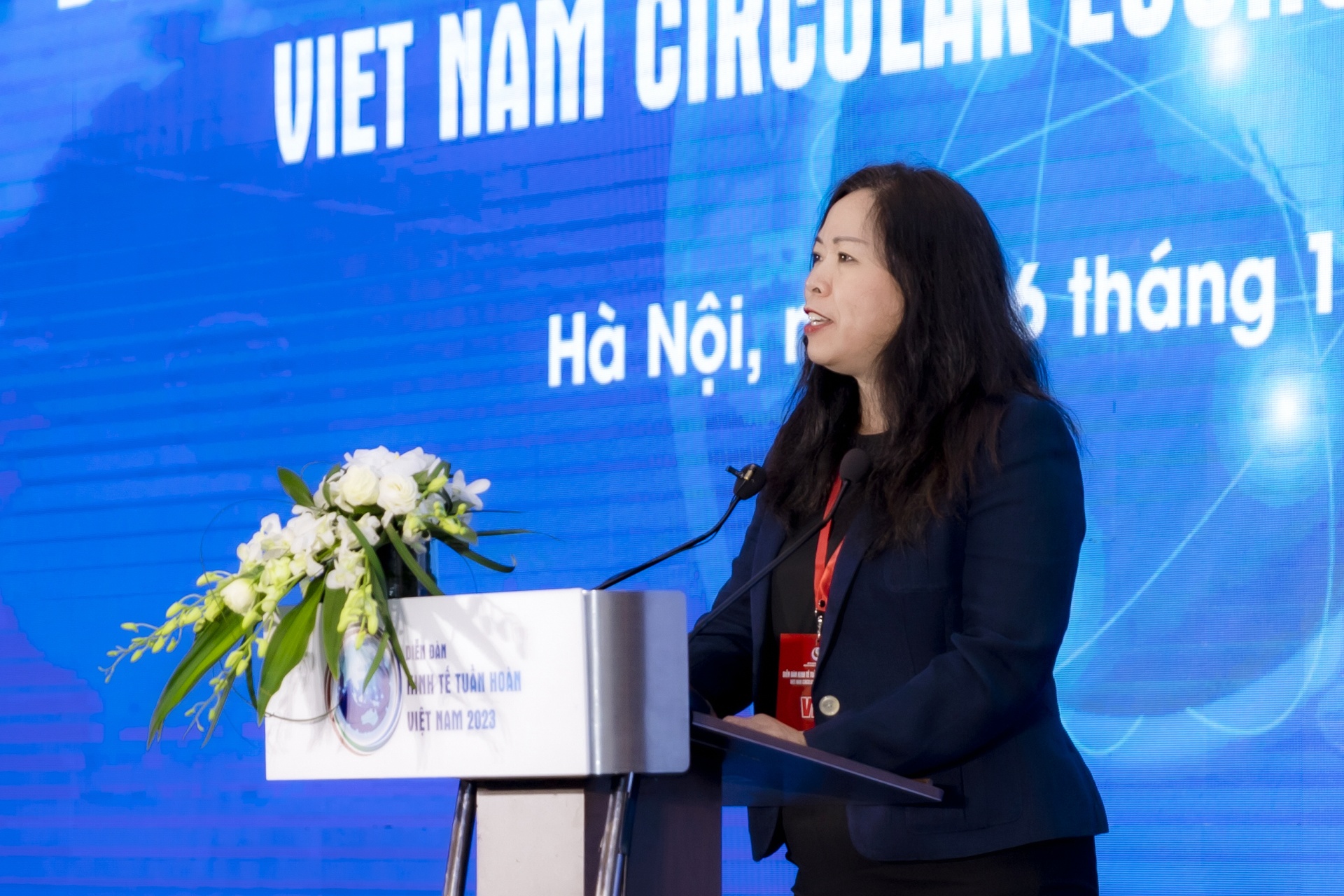 |
Speaking at the Vietnam Circular Economy Forum 2023 on November 16, Nguyen Thi Bich Van, chairwoman of Unilever Vietnam said, “With only about 33 per cent of plastic waste being recycled, Vietnam is losing nearly 70 per cent of the value of its plastic materials, equivalent to $2.2-2.9 billion per year.”
“While oil is increasingly scarce and prices are increasing, people are throwing away large amounts of plastic, further polluting the environment. The most effective way to solve this problem is to redirect the flow so that plastic can be recirculated and returned to meet people's needs instead of being thrown away,” she added.
Over the years, Unilever has been promoting initiatives and driving product development to improve its packaging materials in a circular manner. About 63 per cent of Unilever Vietnam's packaging is currently recyclable or will easily decompose. The business has also cut 52 per cent of the virgin plastic in its packaging production thanks to the use of recycled plastic.
Since February 2020, the company has cooperated with the Ministry of Natural Resources and Environment, SCG, and Dow to sign the Public Private Partnership initiative to build a circular economy through the PPC scheme.
The PPC currently has nearly 30 members including state organisations, recyclers like Duy Tan, collection units like Vietcycle, women's unions, youth unions, and retail distribution partners.
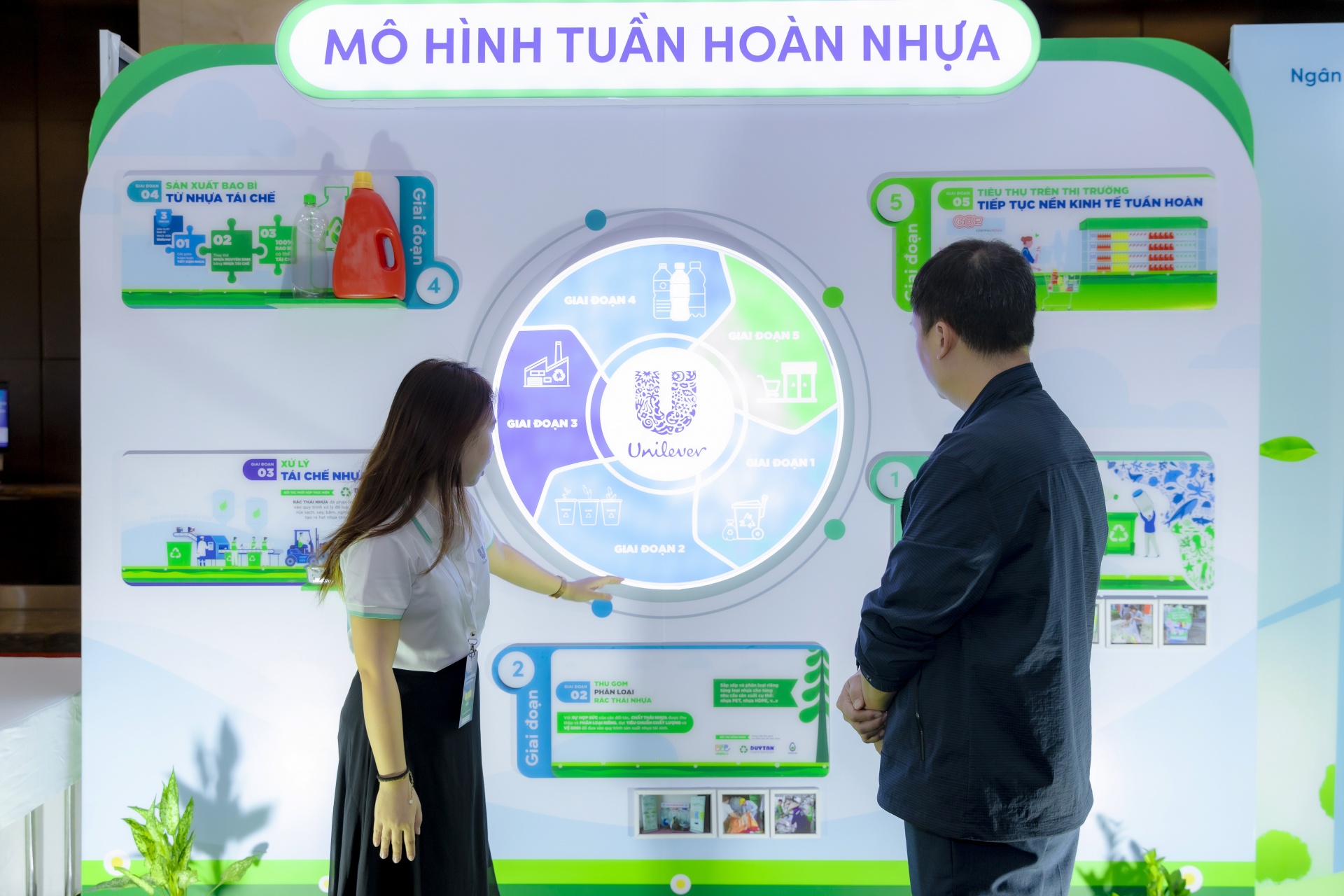 |
| Unilever has successfully collected and recycled 25,000 tonnes of plastic waste |
"25,000 tonnes of plastic waste have been collected and recycled by PPC over the past three years. Manufacturers such as Unilever will use these recycled plastic pellets to produce new bottles, while distributors and retailers will bring products with recycled packaging to consumers, encouraging them to continue classifying plastic waste after use so that the cycle continues," Unilever Vietnam's chairwoman added.
In addition, the project also connects and improves the lives of 2,500 waste workers, most of whom are women, and communicates the benefits of waste classification at source to nearly 12 million people through direct and media channels.
Van asserted, “The circular economy for plastic is something that can be easily discussed, but the action is a very challenging task that requires significant effort, determination, and investment commitment from businesses.”
As a manufacturer, she recommends that Vietnam should have policies to encourage businesses to use recycled plastic to solve their output problems, develop the plastic recycling industry, and mobilise people to participate in waste classification at source to create high-quality inputs for recycling.
The Law on Environmental Protection 2020 defines the circular economy as an economic model in which design, production, consumption, and service activities aim to minimise the exploitation of raw materials, prolong product life, limit waste, and eliminate the negative impacts on the environment.
Decree No.08/2022/ND-CP dated January 10, 2022 from the government detailed regulations on a number of articles of the Law on Environmental Protection and instructions on the criteria, measures, responsibilities, roadmaps, and incentive mechanisms for implementing the circular economy.
Deputy Minister of Natural Resources and Environment Vo Tuan Nhan said, "Developing a circular economy is a key solution to innovate with economic models, improve growth quality and national competitiveness, ensure sustainable production and consumption, and contribute to harmoniously resolving the relationship between economics and the environment."
He also called on the Vietnamese business community to participate and contribute responsibly to realising a circular, green, and low-carbon economy, working to achieve the nation's sustainable development goals by 2030.
What the stars mean:
★ Poor ★ ★ Promising ★★★ Good ★★★★ Very good ★★★★★ Exceptional
Related Contents
Latest News
More News
- Vingroup consults on carbon credits for electric vehicle charging network (January 28, 2026 | 11:04)
- Bac Ai Pumped Storage Hydropower Plant to enter peak construction phase (January 27, 2026 | 08:00)
- ASEAN could scale up sustainable aviation fuel by 2050 (January 24, 2026 | 10:19)
- 64,000 hectares of sea allocated for offshore wind surveys (January 22, 2026 | 20:23)
- EVN secures financing for Quang Trach II LNG power plant (January 17, 2026 | 15:55)
- PC1 teams up with DENZAI on regional wind projects (January 16, 2026 | 21:18)
- Innovation and ESG practices drive green transition in the digital era (January 16, 2026 | 16:51)
- Bac Ai hydropower works stay on track despite holiday period (January 16, 2026 | 16:19)
- Fugro extends MoU with PTSC G&S to support offshore wind growth (January 14, 2026 | 15:59)
- Pacifico Energy starts commercial operations at Sunpro Wind Farm in Mekong Delta (January 12, 2026 | 14:01)

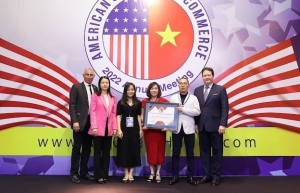
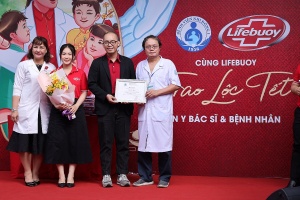
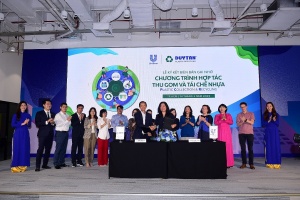
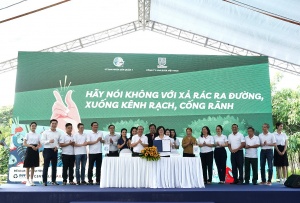
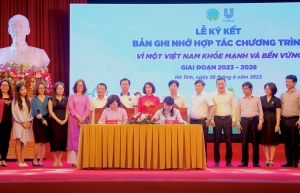
 Tag:
Tag:




















 Mobile Version
Mobile Version